Milwaukee230 West Wells Street - Suite 706 Tel - 414.207.4426 |
Madison403 Venture Court - Suite 2 Tel - 608.320.6710 |
What if You Refuse to Provide a Breath or Blood Sample?
The preliminary breath test is a handheld breath screening device that officers usually ask a driver to blow into at the scene of the stop. This test is not admissible in court by the prosecution although there is some law that says a defendant can use the results if the results are beneficial to the defendant. A driver does not have to blow into the PBT. ***A PBT is different from a "legal" breath or blood test.***
However, once a driver is arrested for OWI, the driver is required to provide breath or blood per the officer's request. This is because by obtaining a driver's license, people consent to a breath or blood test if arrested for OWI. The arresting officer must read the driver word for word instructions from a "informing the accused" paper/form. It reads, "Under Wisconsin's Implied Consent Law, I am required to read this notice to you: You have been arrested for an offense that involves driving or operating a motor vehicle while under the influence of alcohol or drugs, or both or you are the operator of a vehicle that was involved in an accident that caused the death of, great bodily harm to, or substantial bodily harm to a person, or you are suspected of driving or being on duty time with respect to a commercial motor vehicle after consuming an intoxicating beverage.
This law enforcement agency now wants to test one or more samples of your breath, blood or urine to determine the concentration of alcohol or drugs in your system. If any test shows more alcohol in your system than the law permits while driving, your operating privilege will be suspended. If you refuse to take any test that this agency requests, your operating privilege will be revoked and you will be subject to other penalties. The test results or the fact that you refused testing can be used against you in court.
If you take all the requested tests, you may choose to take further tests. You may take the alternative test that this law enforcement agency provides free of charge. You also may have a test conducted by a qualified person of your choice at your expense. You, however, will have to make your own arrangements for that test.
If you have a commercial direr license or were operating a commercial motor vehicle, other consequences may result from positive test results or from refusing testing, such as being placed out of service or disqualified. In addition, your operating privileges will also be suspended if a detectable amount of a restricted controlled substance is in your blood.
If a person refuses to take the breath or blood test the law enforcement agency will likely still refer a charge of OWI and a refusal. The refusal is a separate issue and is handled by a judge. A judge determines whether or not it was reasonable for the person to refuse to provide a sample. A refusal hearing must be demanded within strict time line requirements. In the event of a refusal, if there is a trial, the prosecutor will be required to show the driver's impairment through other means besides the bac number. For example, the prosecutor may play video to the jury of the driver performing poorly on field sobriety tests or call the arresting officer to testify the person was intoxicated based on the officer's training and experience.
If a person refuses to provide a sample, the police, under some circumstances can do a "forced blood draw." The police used to have more room in this area. However, a recent U.S. Supreme Court case Missouri v. McNeely, held that, "the natural dissipation of alcohol in the bloodstream does not constitue an exigency in every case sufficient to justify conducting a blood test without a warrant.
There are defense to OWI cases that involve a bac number as well as those cases that invovle refusals.
